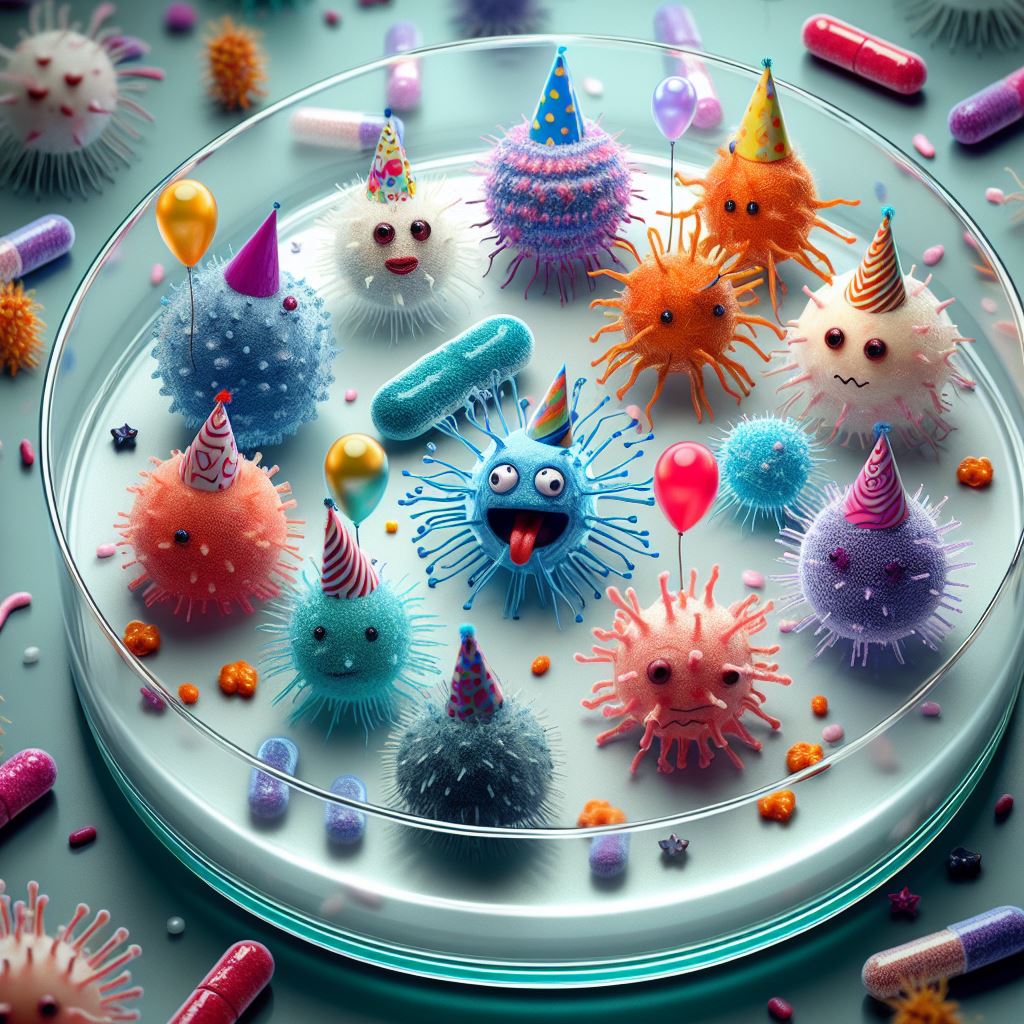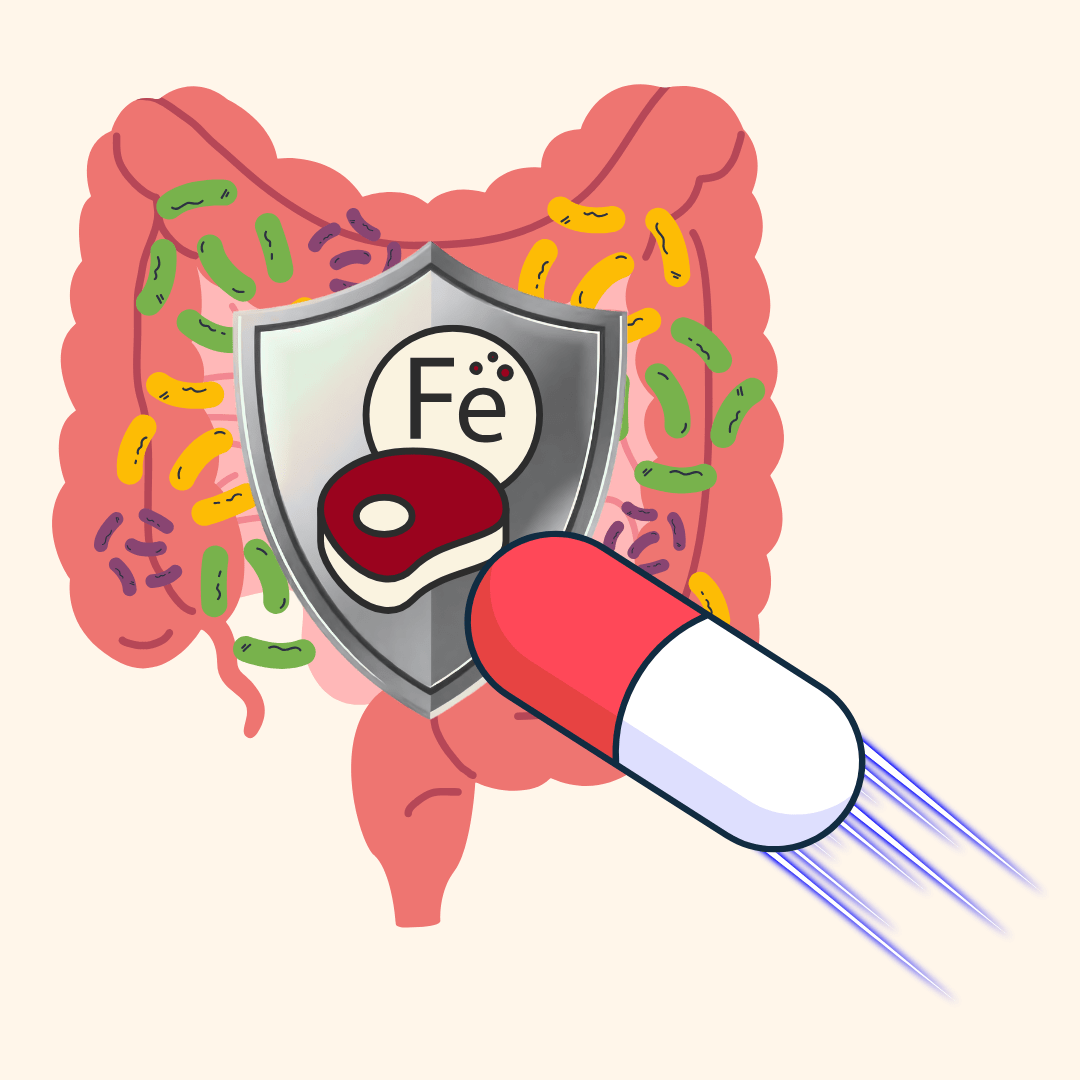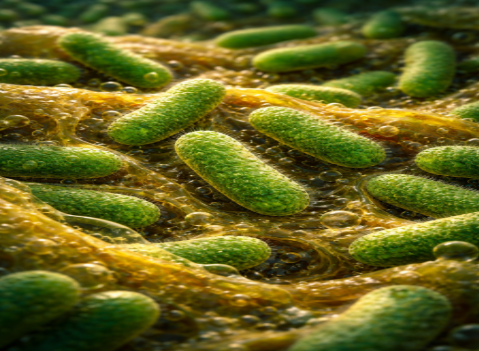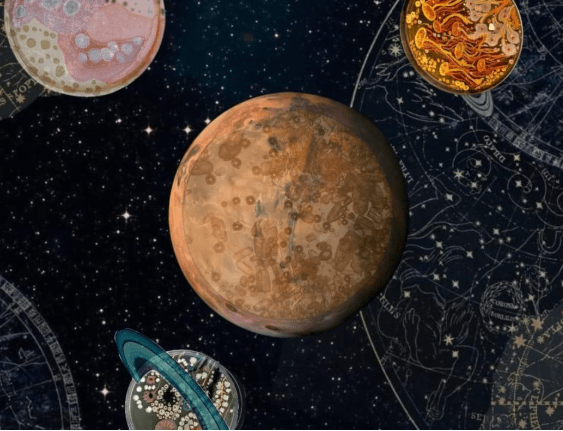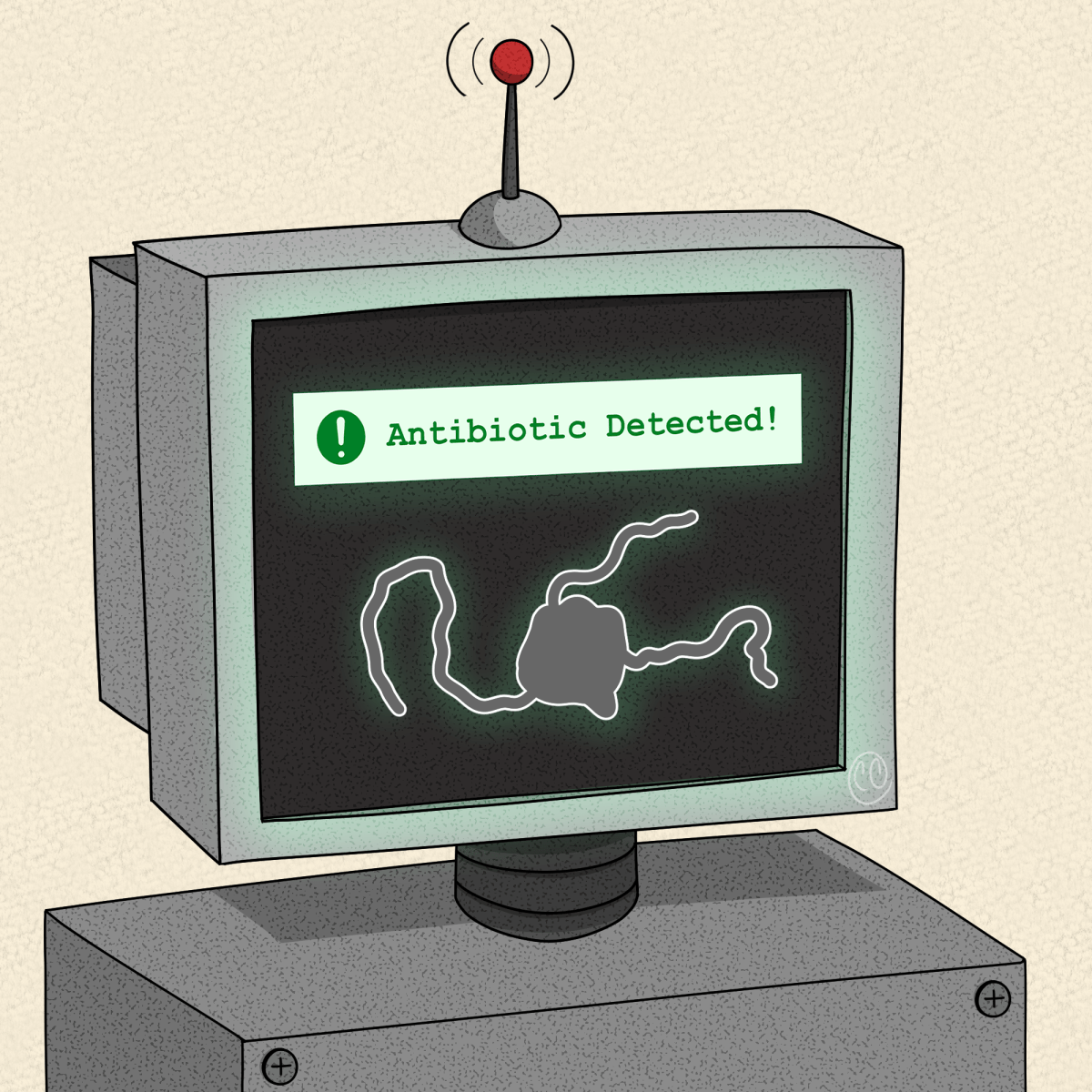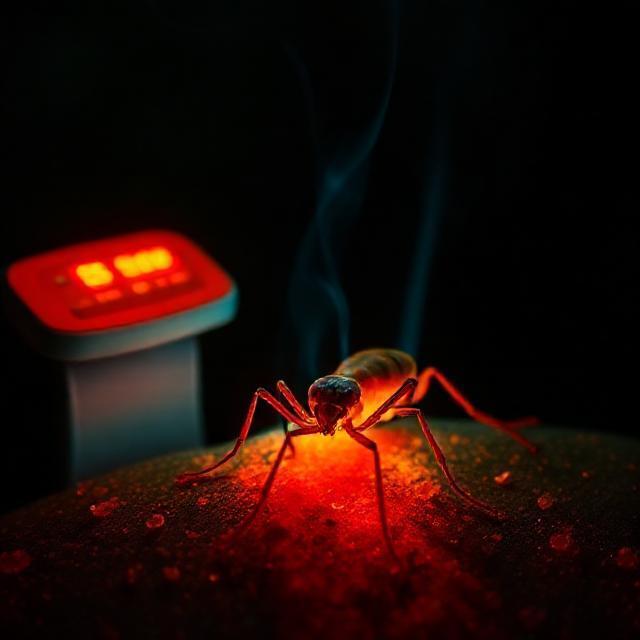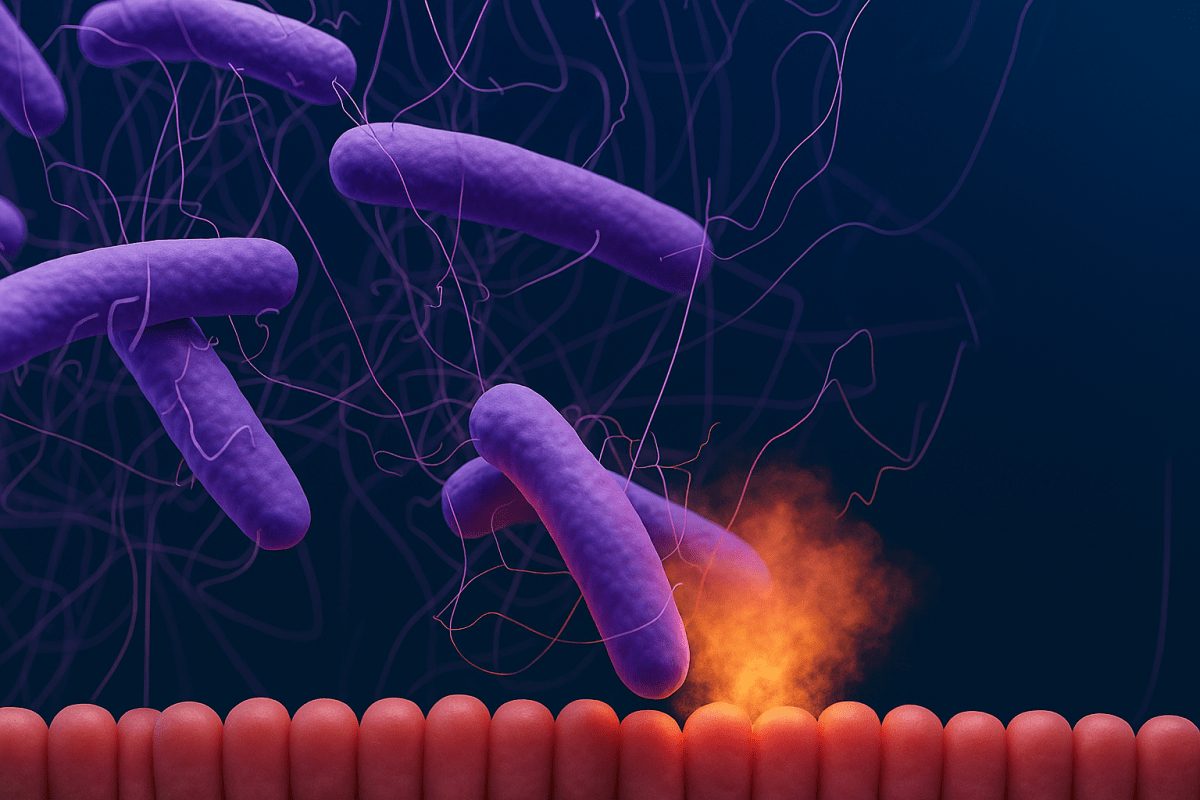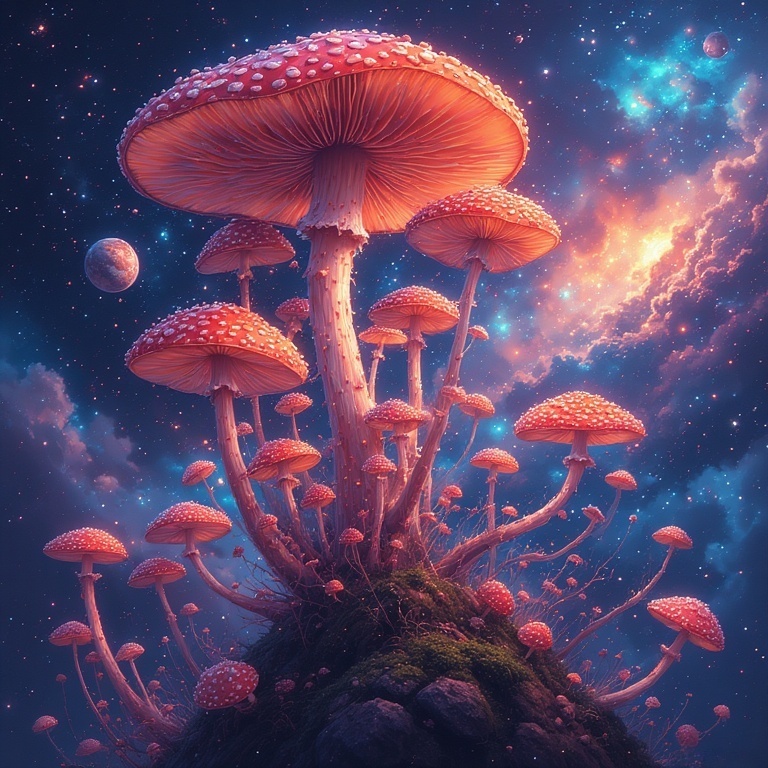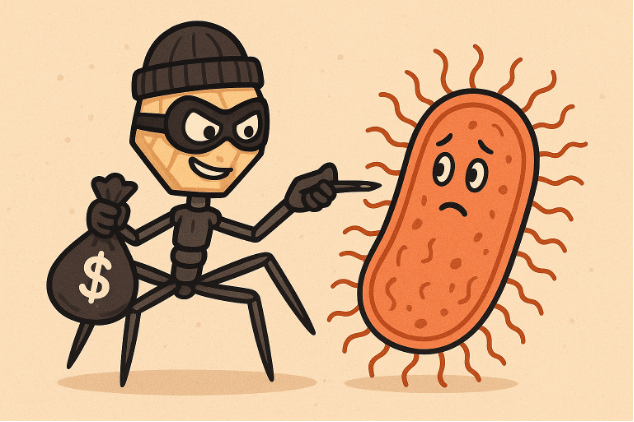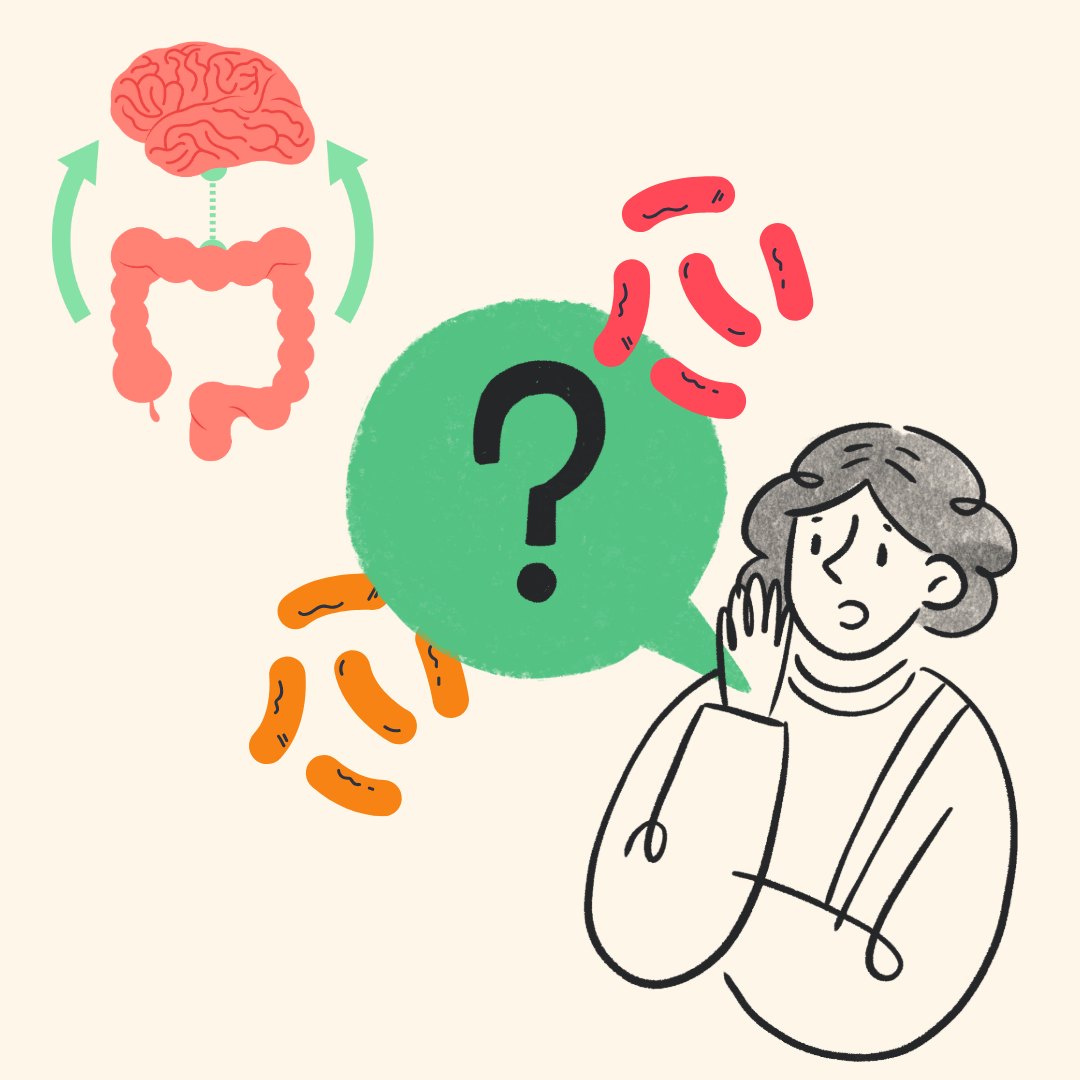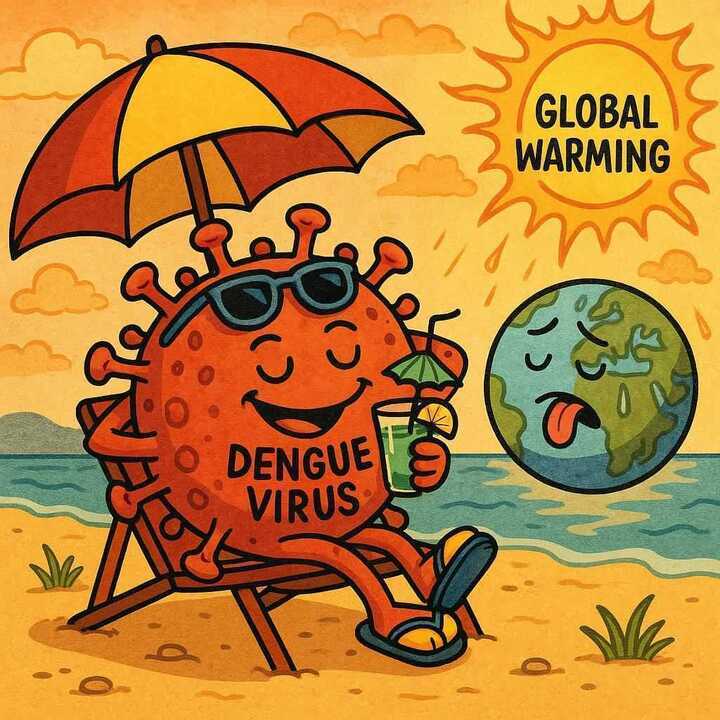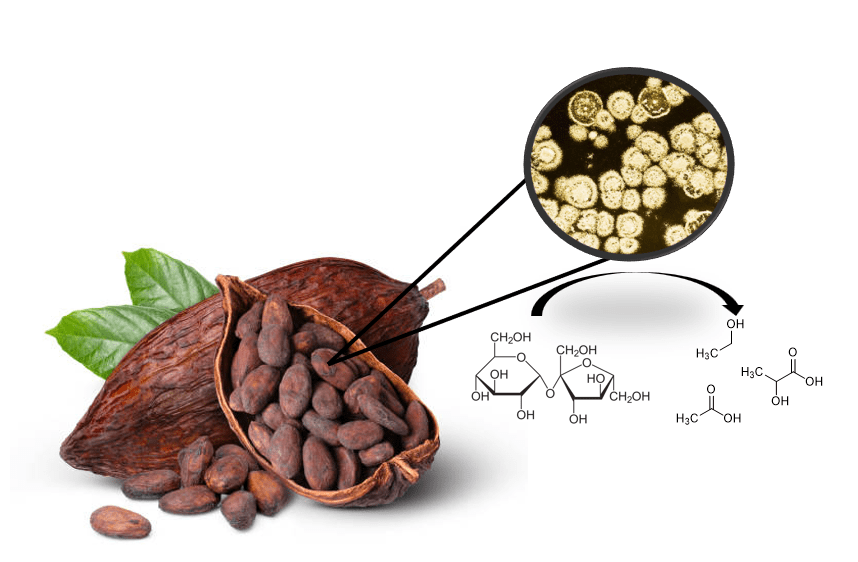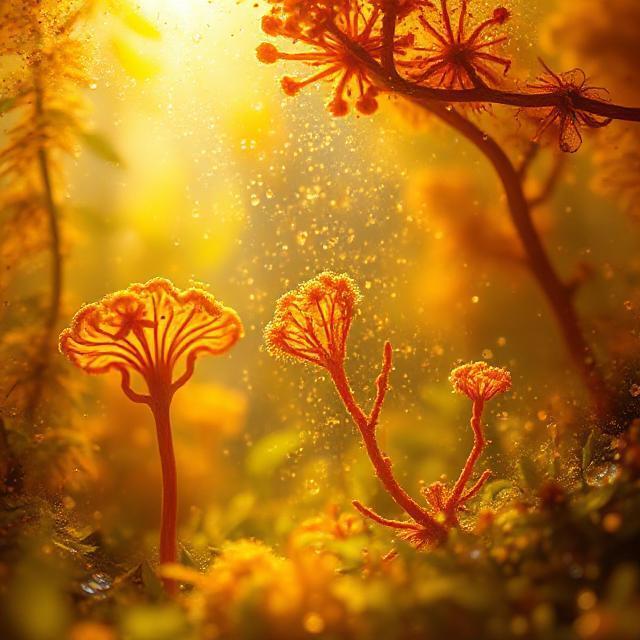
Breaking down the microbiology world one bite at a time
Follow MicroBites on social media:
Support MicroBites
Tags:
Agriculture Air Algae Amoeba Animal Antibiotic resistance Antibiotics Antibodies Antimicrobial Antiviral Ants Archaea Astrobiology Bacteria Bacteriophages Behavior Behaviour Biofilm Biotechnology Cancer Candida Cheese Chemotaxis Circadian rhythm Climate change Communication Community Cooperation Coral Covid CRISPR Cyanobacteria Dengue Diabetes Diet Disease DNA DNA Sequencing Dog Dysbiosis E. coli Energy Environment Epigenetics Evolution Extremophiles Food Forensics Fungi Gut Gut-brain axis Gut microbiome Gut microbiota Health Host-microbe interaction Human health Hyphae Immune system Insects Lactobacillus Long Experiment Mental health Metabolism Microbiome Mosquitoes Mouse mutations Nitrogen fixation Obesity Ocean Organelle Parasite Pathogen Phage Plant Plastic Pollution Probiotics Protists Protozoa Pseudomonas Review RNA Rodent Salmonella Skin Soil Streptomyces Survival Sustainable Symbiosis Technology Toxins Transmission Tuberculosis Vaccine Vibrio Viruses Vitamins Yeast
Archives:
Our sister sites:
(Organized under ScienceBites)
- ArAStrobites (Arabic)
- Astrobites
- Astrobitos (Astrobites in Spanish)
- Astropontos (Astrobites in Portugese)
- Astro[sound]bites
- BiteScis (K12)
- Chembites
- Cogbites
- DataScienceBites
- Envirobites
- Evobites
- ForensicBites
- GeneBites
- Geobites
- Heritagebites
- ImmunoBites
- LabBites
- MathStatBites
- Nutribites
- Oceanbites
- OncoBites (Cancer)
- Particlebites
- PERbites (Physics Education Research)
- QuBytes
- Reefbites
- SciCommBites
- SciPolBites
- Softbites
- Staryab (Farsi)

